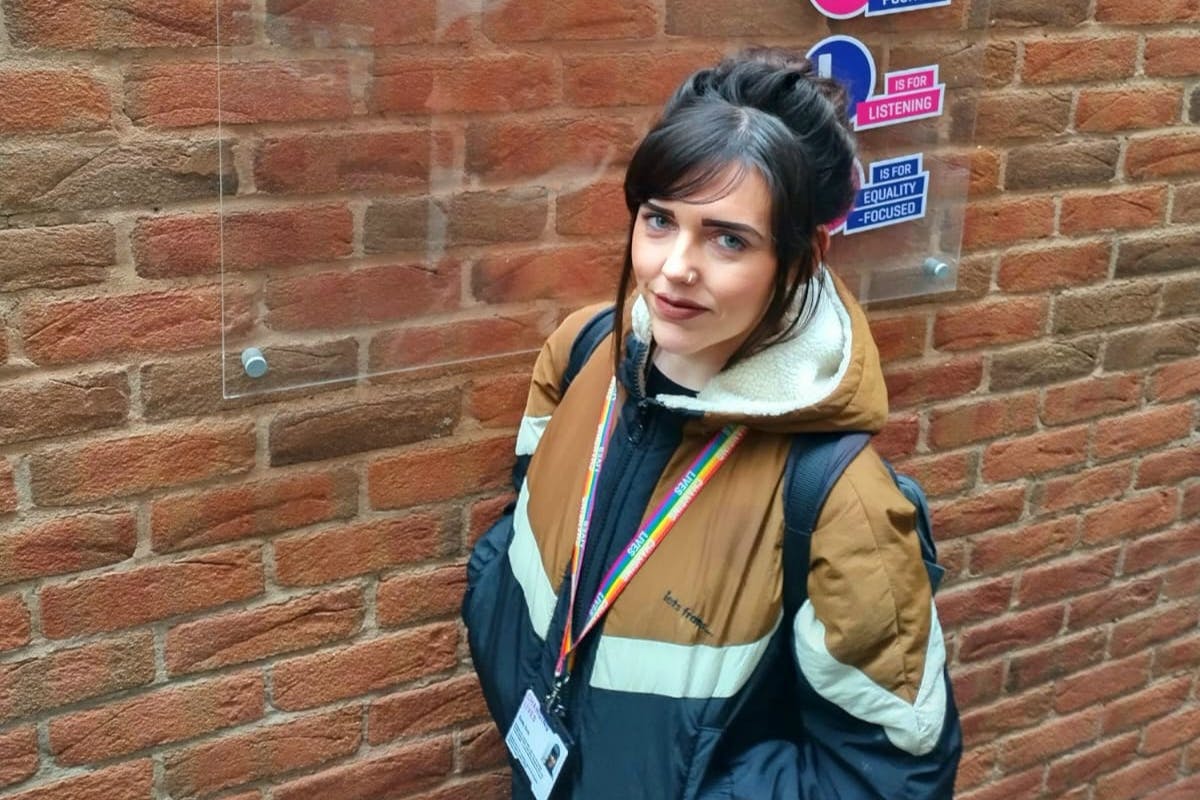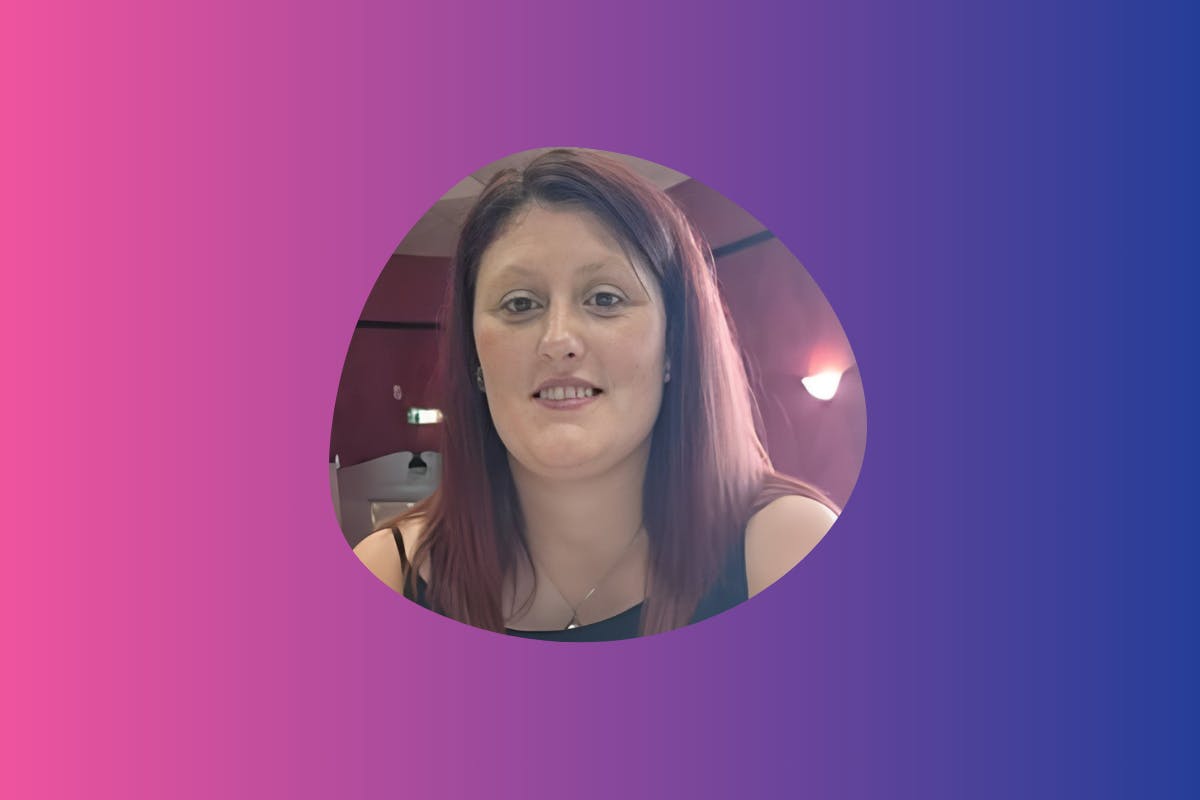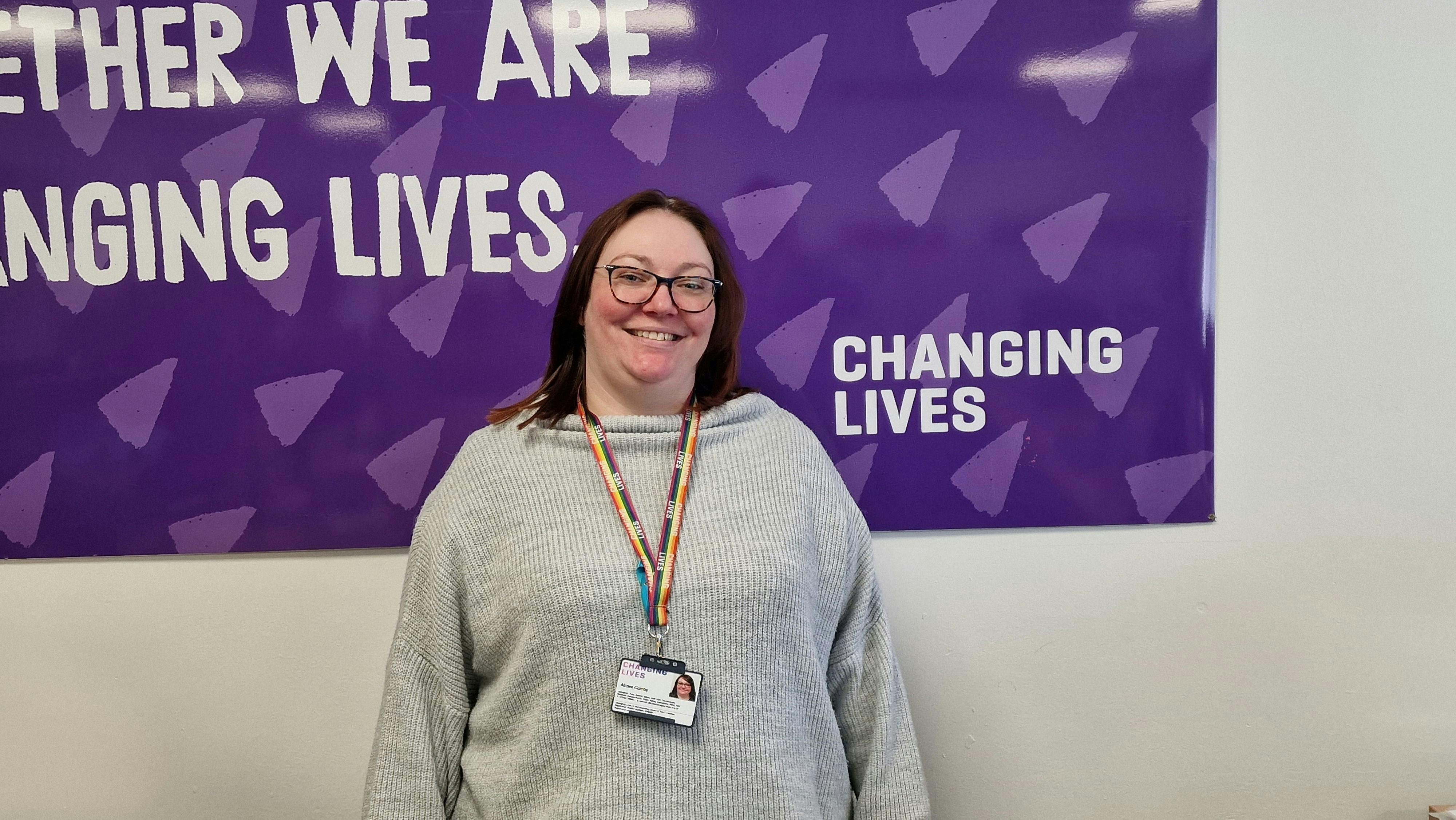At Changing Lives, we have a community of Mental Health First Aiders who share skills and tools, with an open invitation for anyone who wants to undertake the training across the organisation.
In light of Mental Health Awareness Week 2024, two of our First Aiders - Project Lead Sarah from Robinson Court in York, and Project Lead John from Eslington House and Gateshead UASC - shared why they took up the training, and why they'd encourage anyone thinking about it to go for it.
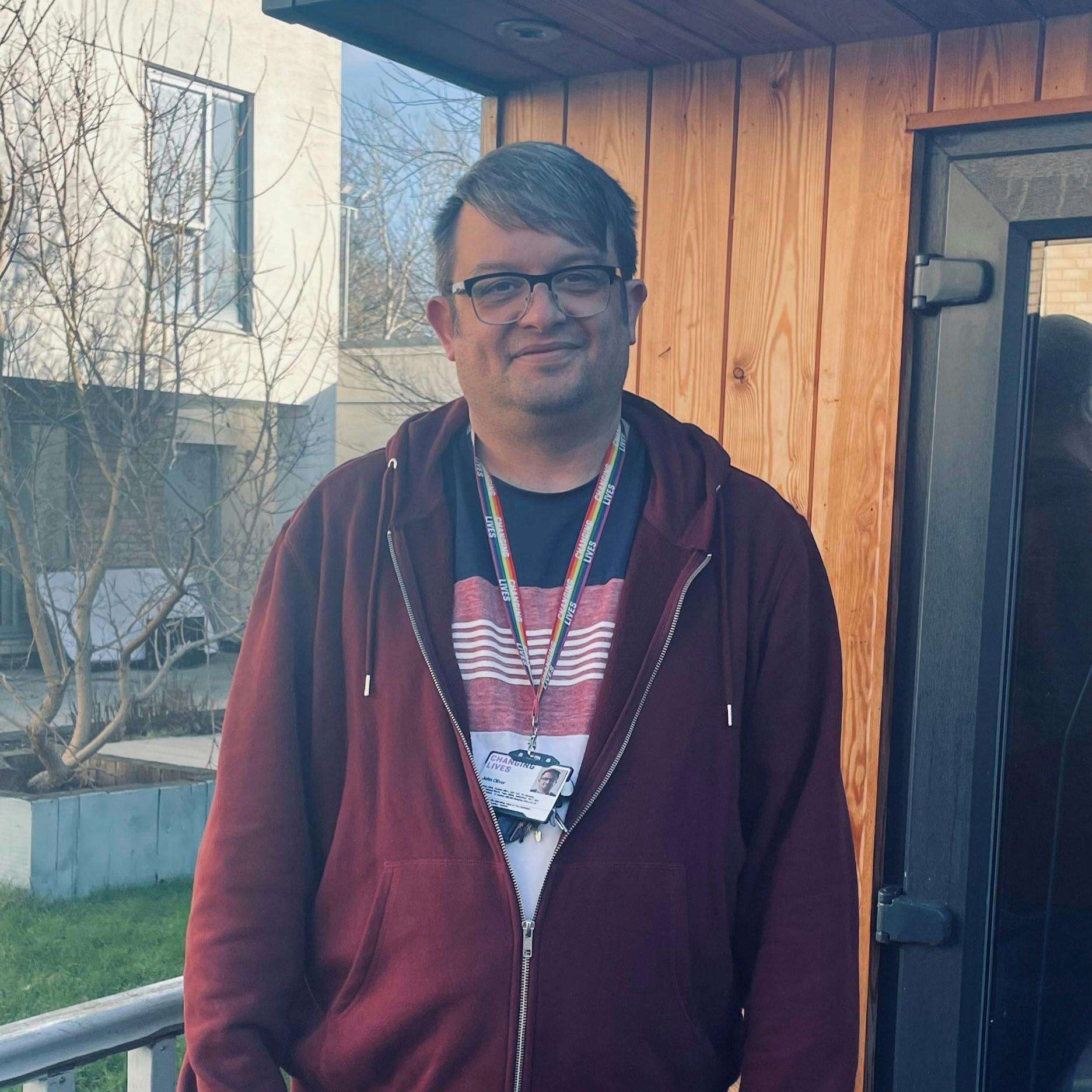

John Oliver, MH First Aider
Tell us a bit about you, your role and why you do the work you do
Hello, my name is John and I am the project lead for young peoples services in Gateshead. We currently have two services; Eslington House is a 20 bed assessment centre for young people aged 16-25 who are experiencing homelessness, Young people are referred into the service and work with a keyworker to identify skills gaps they need to work on to help them live independently and support them to move on from Eslington to the next part of the SAILS pathway. The Gateshead UASC floating support service, working with young people aged 16-17 who have come to live in Gateshead through the National Transfer Scheme. They work on a one-to-one basis with a keyworker to develop independent living skills, so they have the skills to live independently when they reach the age of 18.
Why did you undertake first aid training?
I wanted to undertake the training to help develop my own skills and knowledge base so that I had more awareness of the subject area to help me feel more confident, when dealing with mental health and knowing where to signpost, what initial support is required and how best you can support someone. I had completed previous training but that had been more of an awareness rather than more in depth that the training I completed. I had the opportunity to complete the Mental Health First Aid training for Children and Young People, I felt it was appropriate to the role I was in at the time and I had previously completed the adult version so wanted to compare to see if there were similarities.
What advice would you give to someone who wanted to do first aid training?
Never say never, you don’t know until you try. Always approach with an open mind and not to think about previous training you may have done that you may not have enjoyed or had the best experience. The training can be intensive and will touch on subjects of a sensitive nature. The trainers were really good, and it felt like it was a safe space for learning and reflecting. It is also a good space for networking with other organisations in the area and sharing best practice.
Why are you passionate about mental health and mental health support?
I have worked in the health and social care field for over 25 years and have worked in various roles across many services both with adults and young people and they all had a common thread, there was a need for mental health support for people accessing services so they could get help to move on with their lives and address change. At Changing Lives, like with many other projects, we support young people from varying backgrounds, and more recently have seen a rise in the need for mental health support. If we can support these young people to get the right support they need from a young age, this will help them as they grow and become more independent and be able to lead a successful life.
A lot of the young people we see coming through the UASC floating support, have often experienced a lot of trauma, both in the country of birth and the travel to get to the UK. Although some young people do not want to address this as soon as they arrive in the UK, having services that can support them and address it when they are ready is vital.
It is not just young people that need access to services, but all of the people that access our services across the organisation.
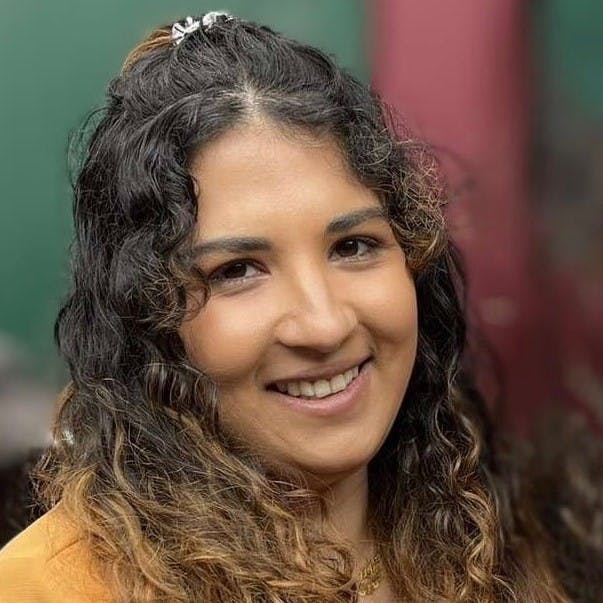

Sarah Huggett, MH First Aider
Tell us a bit about you, your role and why you do the work you do
My role at Changing Lives in Project Lead of Robinson Court. Before this I was a key worker. I really enjoy the work we do at Changing Lives and aiming to create an environment where the people we support can thrive. I like supporting the people who access our services as well as supporting the people (staff) who support the people (the residents of Robinson Court). I believe we can help people to make positive changes with the support we offer.
Why did you undertake first aid training?
Outside of Changing Lives I do some work with an organisation called York Anti-Racist Collective (YARC), who aim to create safe spaces and promote healing practices for people of colour and our communities in York. I feel the training was useful for my roles within YARC as well as relevant to the work we do at Changing Lives. It is also helpful knowledge for personal relationships and noticing people we may come across who could use a bit of support.
What advice would you give to someone who wanted to do first aid training?
The training is beneficial to help brush up any knowledge you already have or to learn something new. I found it reassuring to know a lot of the things we already do aligned with the MHFA guidance and advice.
Why are you passionate about mental health and mental health support?
Mental health support is vital to helping those around us to make positive changes and learn about themselves. At Robinson Court, residents having access to mental health support alongside emotional support is significant in ones development and can aid learning skills to live independently. Often those who access our services can be in crisis and it is our job to appropriately respond to immediate crisis, this training has been beneficial in developing my skills in being able to do this.
Learn more about Robinson Court here.
Lean more about Eslington House here, and Gateshead UASC here.




